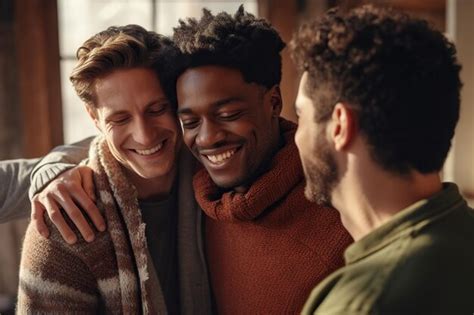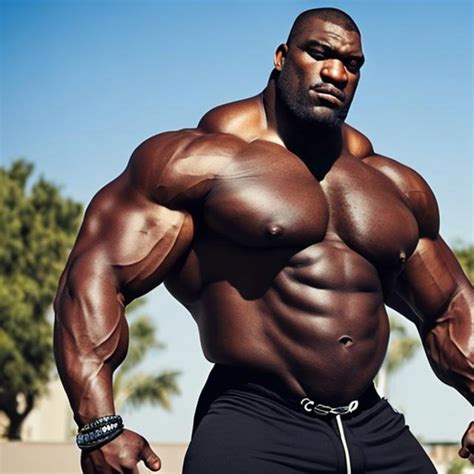The Unspoken Code: Emotional Support Among Men
In a world increasingly open to discussions about mental health and emotional well-being, the dynamics of emotional support among men in their close platonic relationships remain a complex and often understated topic. While friendships are foundational for all genders, the specific ways men engage with and perceive emotional support can differ significantly, influenced by societal expectations of masculinity, personal upbringing, and the comfort levels they’ve developed over time.
Understanding these patterns is crucial not only for fostering stronger, more fulfilling male friendships but also for promoting healthier emotional lives for men overall. This article delves into the specific types of emotional support men commonly seek out and, conversely, those they frequently shy away from in their closest platonic bonds.
Support Men Actively Seek and Embrace
Men often gravitate towards forms of emotional support that are indirect, action-oriented, or rooted in shared experiences. These types of support typically align with traditional masculine ideals of self-reliance and problem-solving, making them more accessible and less intimidating.
- Practical Advice and Problem-Solving: Rather than solely venting, men frequently seek concrete solutions or practical guidance when facing challenges. A friend who can offer a new perspective or a step-by-step approach to a problem is highly valued.
- Shared Activities and Camaraderie: Emotional support often manifests through simply ‘being there’ in shared activities. Whether it’s sports, hobbies, or just hanging out, these moments provide a sense of belonging, solidarity, and stress relief without requiring explicit emotional disclosure.
- Validation Through Shared Experience: Men find comfort in knowing their struggles are not unique. Hearing a friend say, ‘I went through something similar,’ or ‘That’s tough, I get it,’ provides validation and reduces feelings of isolation without demanding deep dives into emotional vulnerability.
- Humor as a Coping Mechanism: Laughter and lightheartedness serve as powerful forms of emotional release and connection. Using humor to diffuse tension or navigate difficult topics can be a common way men offer and receive support, allowing them to process emotions indirectly.

Types of Emotional Support Men Often Avoid or Find Challenging
Conversely, there are specific forms of emotional support that many men find difficult to seek, offer, or receive, often due to ingrained social conditioning, fear of judgment, or a lack of practice in expressing vulnerability.
- Direct Emotional Vulnerability: Openly expressing deep sadness, fear, or personal insecurities can be challenging. Many men are taught from a young age to suppress these emotions, viewing them as signs of weakness rather than strength.
- Deep Empathy and Active Listening Without Solution-Finding: While appreciated, sustained conversations focused purely on emotional processing, where the goal is simply to listen and empathize without offering solutions, can feel unfamiliar or uncomfortable. There’s often an urge to ‘fix’ the problem rather than just ‘feel’ it.
- Physical Affection and Explicit Affirmation: Beyond a handshake or a pat on the back, overt physical affection (like hugs) or explicit verbal affirmations of love or deep care can be rare in many male platonic friendships, although this is slowly evolving.
- Processing Relationship Difficulties: Discussing nuanced relational issues, especially those related to romantic partners or family, can be a particularly sensitive area. Men might fear being perceived as gossiping or overly emotional.

The Role of Masculinity and Social Conditioning
These patterns are not inherent but largely learned. Traditional masculinity often promotes stoicism, self-reliance, and emotional restraint, leading men to believe that expressing vulnerability is unmanly or will alienate their friends. The fear of appearing weak, being judged, or even of burdening others often acts as a significant barrier to seeking the full spectrum of emotional support.
Furthermore, many men lack role models for emotionally expressive male friendships, making it difficult to navigate uncharted emotional territory. This creates a cycle where the absence of such interactions reinforces the belief that they are not ‘normal’ or acceptable within male bonds.

Breaking Down Barriers and Fostering Deeper Connections
Encouraging men to seek and provide a broader range of emotional support requires a conscious effort to challenge existing norms and create safe spaces for vulnerability. This can start with small steps:
- Normalizing Vulnerability: Public discourse and media representation play a crucial role in showing that emotional openness is a strength, not a weakness.
- Leading by Example: Men who are comfortable expressing their emotions can inspire others to do the same, even if it’s just with one trusted friend.
- Active Listening Practice: Encouraging friends to simply listen without immediately offering solutions can be a powerful way to provide support.
- Expanding the Definition of ‘Support’: Recognizing that support can come in many forms – a shared silence, an encouraging text, or a simple check-in – can broaden its accessibility.

Conclusion: Towards More Emotionally Rich Friendships
While men frequently seek practical advice, camaraderie through shared activities, and validation from shared experiences, they often avoid deep emotional vulnerability, explicit affection, and sustained empathetic listening in their platonic relationships. These patterns are deeply rooted in societal expectations of masculinity. By understanding these dynamics and actively working to challenge restrictive norms, men can cultivate more emotionally rich, resilient, and supportive friendships, ultimately enhancing their overall well-being and strengthening their bonds with one another.




